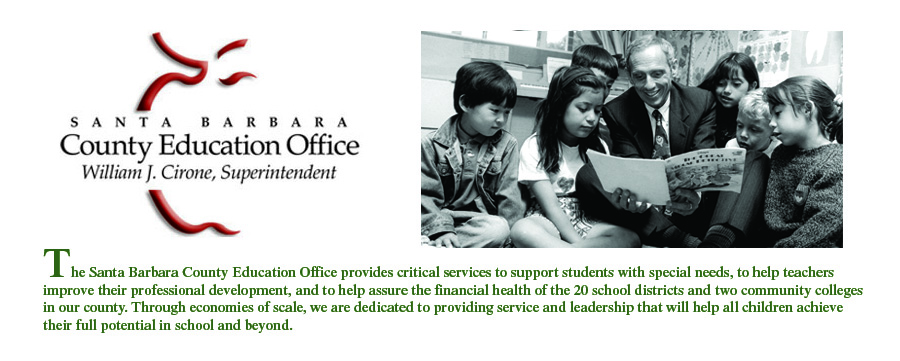Whether it’s a hurricane, tornado, or an earthquake in a far-off place, or a fire or a shooting closer to home, or an airplane crash, parents and other caregivers must meet the challenge of reassuring children during times of crisis.
The way caregivers respond has a huge impact on how children will be affected.
To help, a booklet from the American Academy of Pediatrics and the Johnson & Johnson Pediatric Institute, called When Terrible Things Happen: A Parent’s Guide to Talking with Their Children, offers some good advice.
For example, infants and toddlers, ages zero to three, can’t understand how a crisis or a loss has changed their environment.
But they can recognize and respond to changes in adult behavior.
The best thing you can do for infants and toddlers is to keep a routine and resume normal activities as soon as possible.
Pre-school children, ages three to five, may not talk about their feelings openly. Talking while playing games can help children of this age group express their thoughts more easily.
School-age children, five to 12 years old, have more understanding of how and why things happen. They will want to ask questions. Parents can help by talking, listening and answering their questions honestly and directly.
We cannot control a natural disaster or local catastrophe. We can only control how we react to them, especially with our children.
